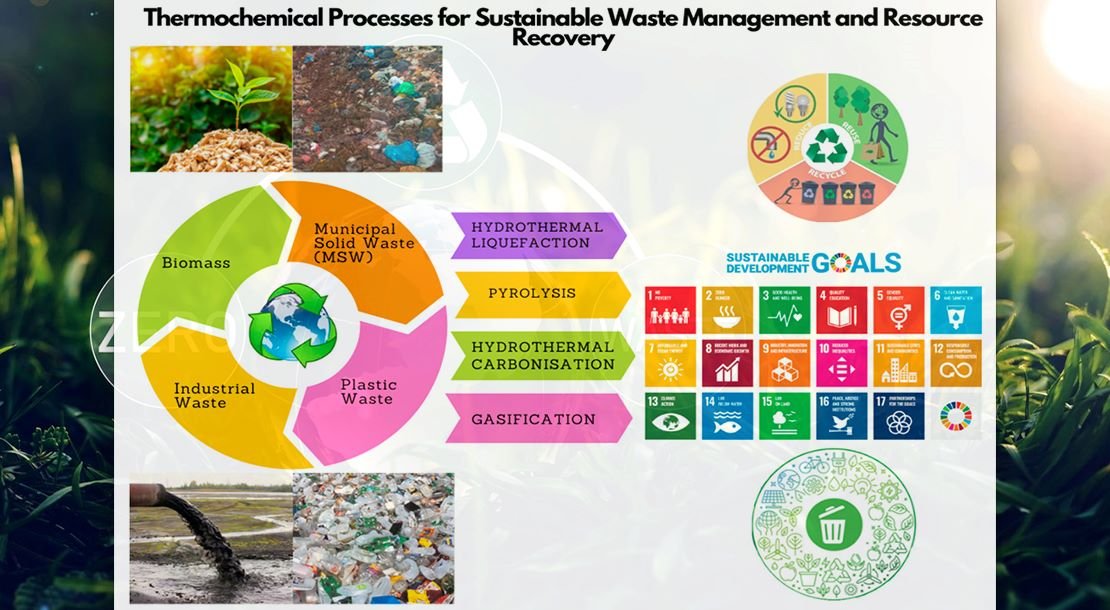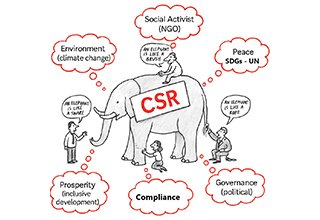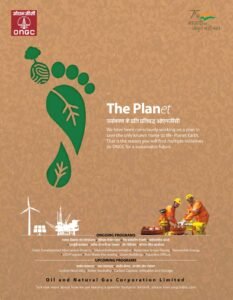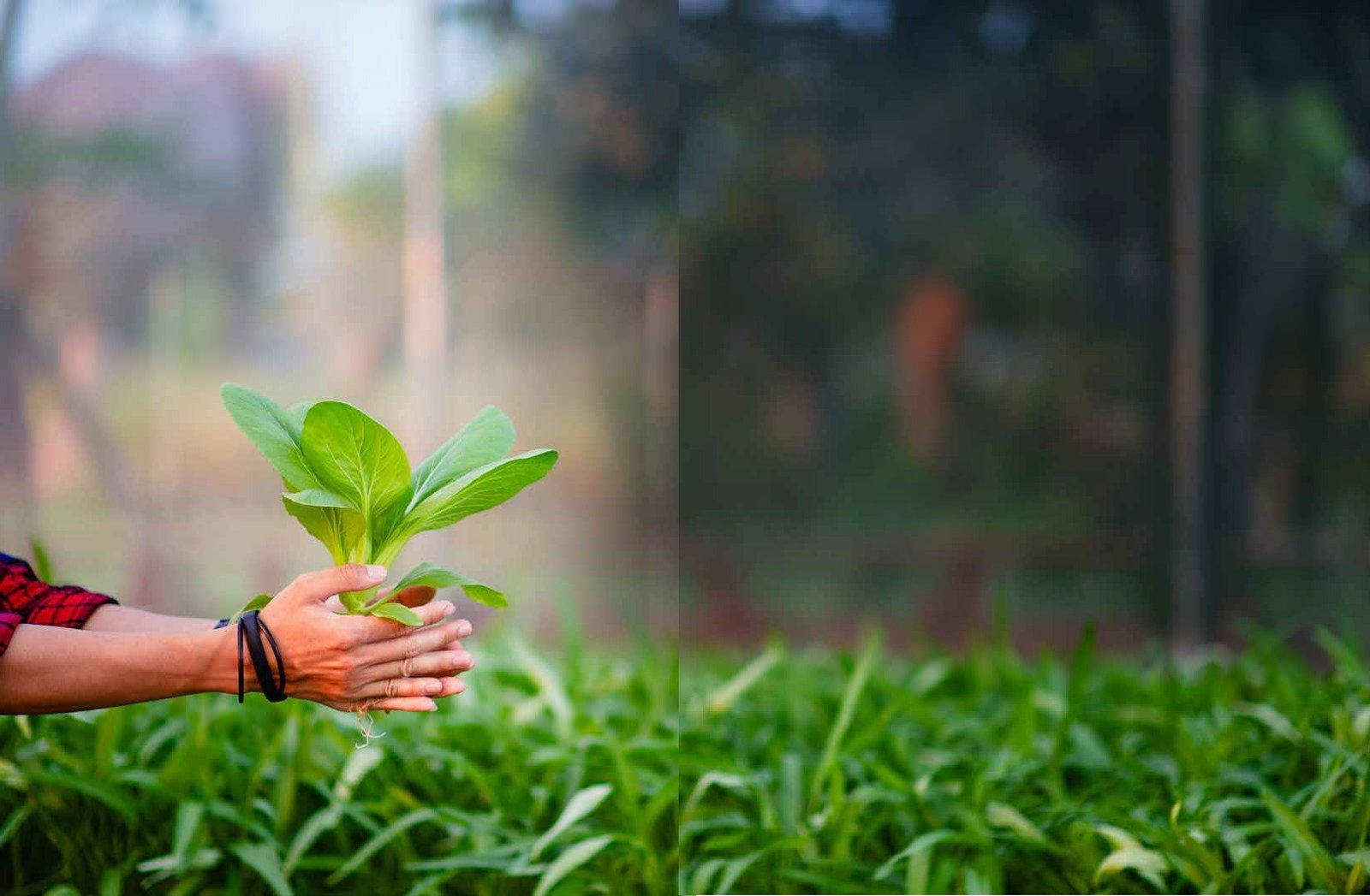
As India marches toward its ambitious net-zero goals, the role of individual states in driving environmental protection and sustainable waste management has become more critical than ever. From the Himalayan foothills to the coastal plains, Indian states are crafting innovative, localized solutions to tackle pollution, conserve biodiversity, and manage waste more efficiently. This cover story explores the standout initiatives across the country, backed by data, policy frameworks, and community participation.

Kerala: Women Power and Waste Warriors
Kerala’s Haritha Karma Sena (Green Task Force) is a shining example of decentralized, gender-inclusive waste management. Over 1,000 units of women-led teams collect non-biodegradable waste from 70% of urban households, ensuring scientific disposal and recycling. The initiative has created over 5,000 jobs and significantly reduced landfill dependency. The Suchitwa Mission complements this by promoting source-level segregation and composting. In 2023 alone, Kerala processed 1.2 lakh tonnes of biodegradable waste through decentralized composting units, reducing methane emissions and improving soil health.
Maharashtra: From Plastic Bans to Circular Economies
Maharashtra’s 2018 plastic ban was a bold move, but the state didn’t stop there. Mumbai’s Dharavi Waste Recyclers process 600 tonnes of plastic waste daily, turning trash into treasure and employing thousands in the informal sector.
Pune’s SWaCH Cooperative, a partnership between waste pickers and the municipal corporation, services 8 lakh+ households, achieving 60% landfill diversion. The model has inspired similar cooperatives in Nagpur and Nashik.


Sikkim: The Organic State
Sikkim’s transition to 100% organic farming across 76,000 hectares has made it a global model for sustainable agriculture. The state banned chemical fertilizers and pesticides in 2016, leading to improved biodiversity, healthier soil, and a surge in eco-tourism.
Sikkim also enforces strict bans on plastic and foam packaging. Gangtok, its capital, is among India’s cleanest cities, thanks to strong civic engagement and enforcement.
Tamil Nadu: Renewable Energy and E-Waste Innovation
Tamil Nadu leads India in renewable energy with 15.5 GW of installed capacity. The state’s Solar Rooftop Capital initiative has helped over 2 lakh households install solar panels, reducing grid dependency.
In Kancheepuram, India’s first e-waste park is under development, aimed at scientific recycling of electronic waste. Chennai’s Zero Waste Ward initiative has increased segregation rates from 18% to 70% in pilot zones.
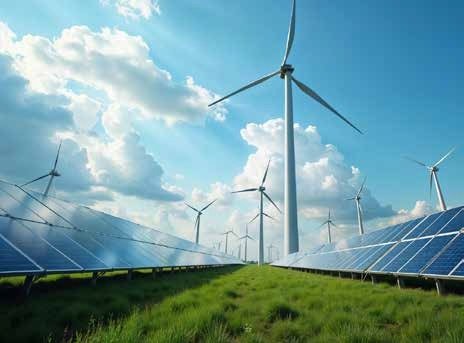
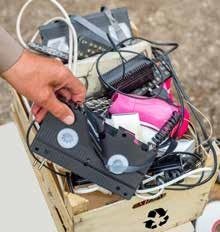
Madhya Pradesh: Clinics for E-Waste and Bio-Mining
Bhopal’s E-Waste Clinic, launched in 2020, collects, segregates, and processes e-waste from households and businesses. It has handled 25+ tonnes of e-waste so far and is being replicated in Indore and Jabalpur.
The state has also undertaken bio-mining of legacy waste at major dumpsites, reclaiming 50+ acres of land and recovering compostable material and recyclables.
Gujarat: Industrial Waste and Green Ports
Gujarat, with its industrial might, has 18 hazardous waste treatment facilities, the highest in India. The Gujarat Pollution Control Board enforces strict compliance with the Hazardous Waste Management Rules.
The Green Port Policy by the Gujarat Maritime Board promotes shore power, waste reception facilities, and carbon-neutral operations. Mundra Port now uses solar-powered cranes and has reduced diesel use by 30%.
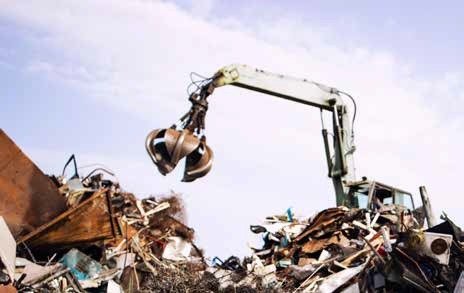

Delhi: Battling Smog and Burning Waste
Delhi’s air pollution crisis has led to aggressive interventions:
- 40+ smog towers and 300+ anti-smog guns
- Graded Response Action Plan (GRAP) in place during winter months.
- CNG buses and EV subsidies to reduce vehicular emissions.
Delhi also operates three waste-to-energy plants, processing 5,000+ tonnes of waste daily. However, concerns about emissions from these plants persist, prompting calls for cleaner alternatives.
Goa: Coastal Cleanliness and Marine Waste
Goa’s Clean Coast, Safe Sea campaign engages locals and tourists in beach clean-ups. The state has installed marine litter traps in estuaries to prevent plastic from entering the Arabian Sea.
The Saligao Waste Treatment Plant processes 100 tonnes/day with 90% recovery efficiency, making it one of India’s most advanced solid waste facilities.
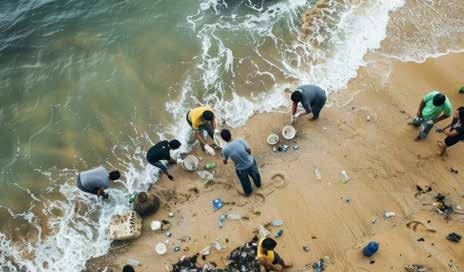

Uttar Pradesh: Sanitation and River Revival
Under the Swachh Bharat Mission, UP has built 2.5 crore+ toilets, achieving ODF+ status in most districts. The state promotes community composting and biogas units in rural areas.
The Namami Gange program has led to the construction of 150+ sewage treatment plants, improving water quality in the Ganga and reducing pollution loads.
North-East India: Forest Guardians and Bamboo Economies
Assam, Meghalaya, and Nagaland are focusing on community forest management and bamboo-based livelihoods. Assam’s Kaziranga National Park uses drone surveillance and solar fencing to protect wildlife.
With 60%+ forest cover, the North-East is vital to India’s carbon sink goals. States receive funding under CAMPA for afforestation and biodiversity conservation.


Expert Voices: What the Data Says
Dr. Ritu Mathur, Director at TERI, notes: “State-level innovation is the backbone of India’s climate strategy. The diversity of approaches—from Kerala’s composting to Gujarat’s industrial compliance—shows that one-size-fits-all doesn’t work.”
According to the India State of Forest Report 2023, forest cover has increased by 1,540 sq km, largely due to state-led afforestation drives.
Conclusion: A Decentralized Green Revolution
India’s environmental journey is being written not just in Delhi’s policy corridors but in the towns, villages, and cities of its states. From composting bins in Kerala to wind farms in Tamil Nadu, and from plastic bans in Maharashtra to forest guardians in the North-East, the green revolution is truly decentralized.
The road ahead demands more innovation, stronger enforcement, and deeper public participation—but the momentum is unmistakably building. As each state charts its own path, together they form the mosaic of a greener, cleaner India.
Some facts and figures (in INFOGRAPHIC style):
Environmental Protection & Green Energy
- Tamil Nadu leads India in renewable energy with 15.5 GW of installed capacity (wind + solar) as of 2024.
- Sikkim maintains 100% organic farming across 76,000 hectares, making it India’s first fully organic state.
- Delhi has deployed 40+ smog towers and 300+ anti-smog guns to combat air pollution.
- Gujarat has implemented 18 hazardous waste treatment facilities, the highest among Indian states.
Waste Management
- India generates approximately 160,000 tonnes of solid waste daily, of which only 25% is scientifically processed.
- Indore has been ranked India’s cleanest city for 7 consecutive years, with 100% door-to-door waste collection and segregation at source.
- Kerala’s Haritha Karma Sena covers 70% of urban households, collecting and segregating non-biodegradable waste.
- Pune’s SWaCH Cooperative services 8 lakh+ households, diverting 60% of waste from landfills.
E-Waste & Innovation
- Bhopal’s E-Waste Clinic has processed over 25 tonnes of e-waste since its launch in 2020.
- Tamil Nadu’s E-Waste Park in Kancheepuram is India’s first dedicated facility for scientific e-waste recycling.
Water & Marine Initiatives
- Goa’s Saligao Waste Treatment Plant processes 100 tonnes/day with 90% recovery efficiency.
- Namami Gange has led to the construction of 150+ sewage treatment plants across the Ganga basin.
Swachh Bharat & Rural Sanitation
- Under Swachh Bharat Mission, Uttar Pradesh has built 2.5 crore+ toilets, achieving ODF+ status in most districts.
- Community composting pits and biogas units are being promoted in 10,000+ rural panchayats across India.
Sources:
- Next IAS – Solid Waste Management in India
- The Green Planet Solutions – Waste Management Initiatives
- PWOnlyIAS – Waste Management Policies and Challenges
- Swachh Bharat Mission Official Portal
- Ministry of Environment, Forest and Climate Change
- India State of Forest Report 2023 – FSI
Open Government Data Platform – Waste Statistics


